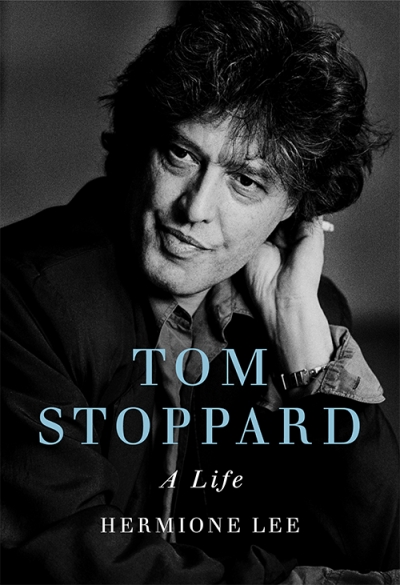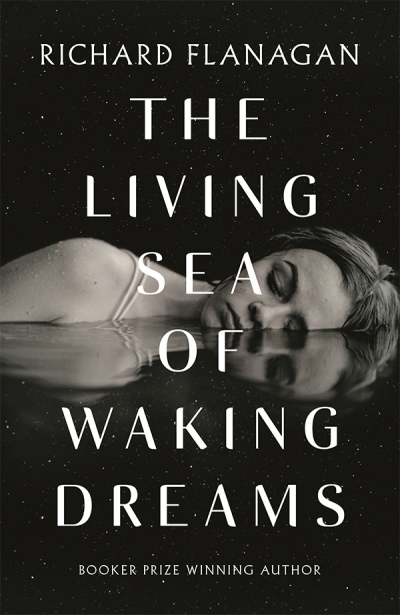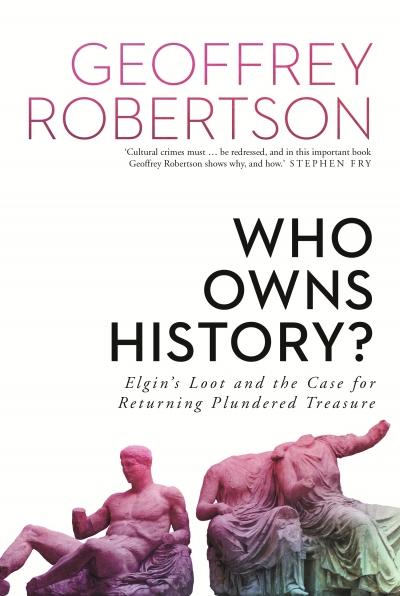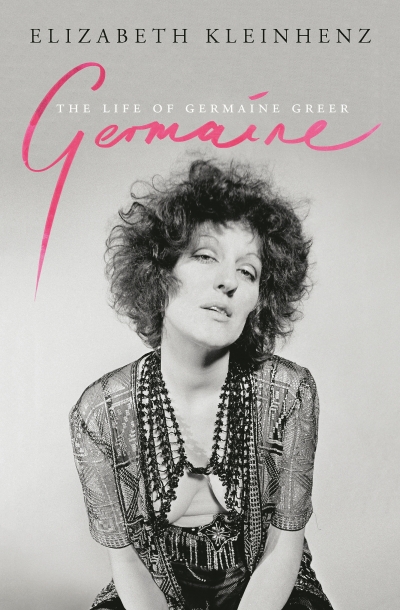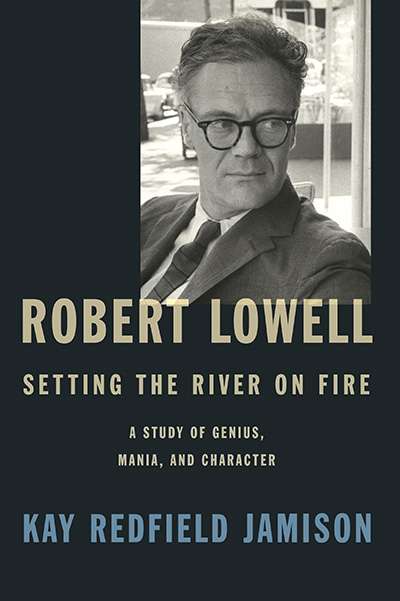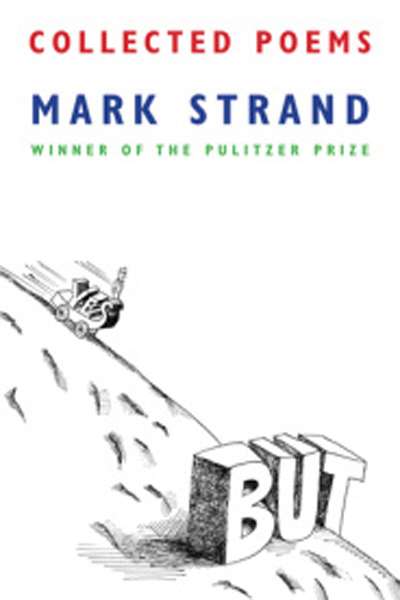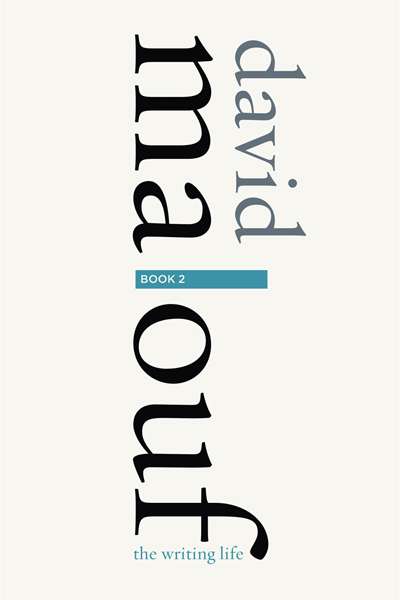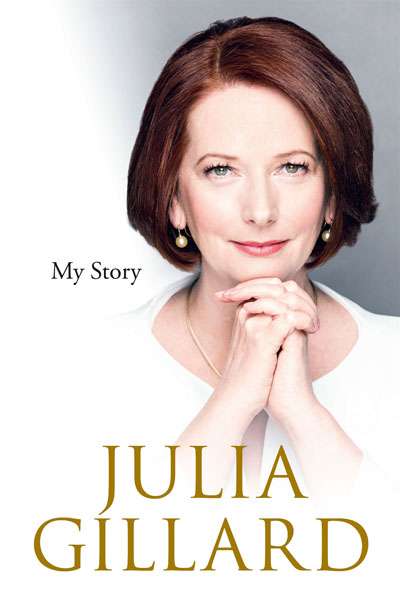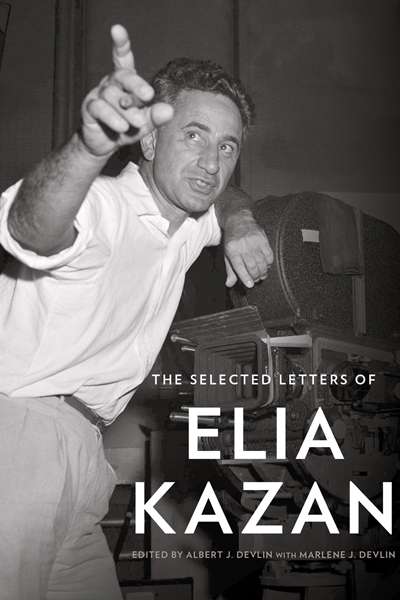Knopf
Who Owns History?: Elgin’s loot and the case for returning plundered treasure by Geoffrey Robertson
by Janna Thompson •
Germaine by Elizabeth Kleinhenz & Unfettered and Alive by Anne Summers
by Zora Simic •
To complement our 2017 ‘Books of the Year’, we invited several senior publishers to nominate their favourite books – all published by other companies.
... (read more)Robert Lowell: Setting the river on fire: A study of genius, mania and character by Kay Redfield Jamison
by Ian Dickson •
The Selected Letters of Elia Kazan edited by Albert J. Devlin with Marlene J. Devlin
by Eloise Ross •

